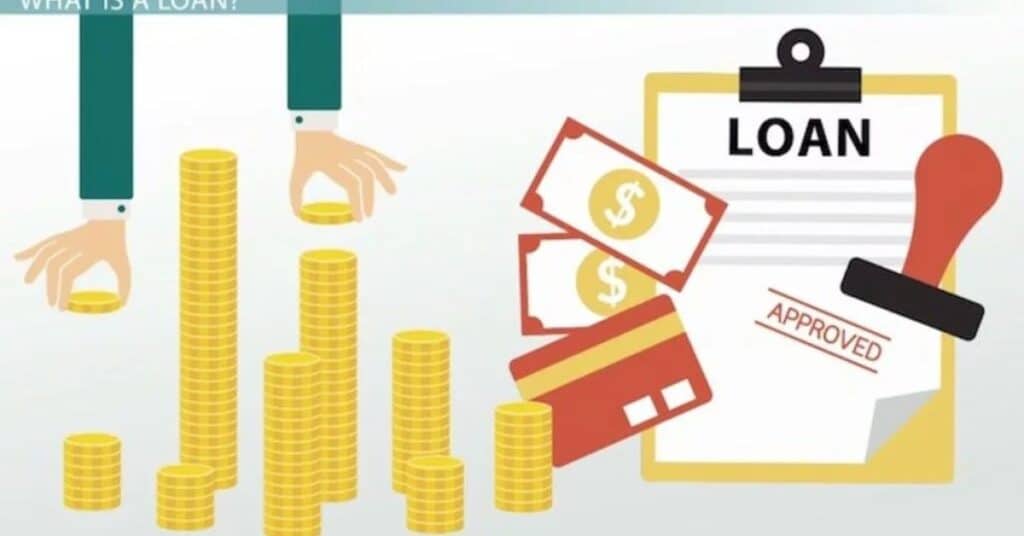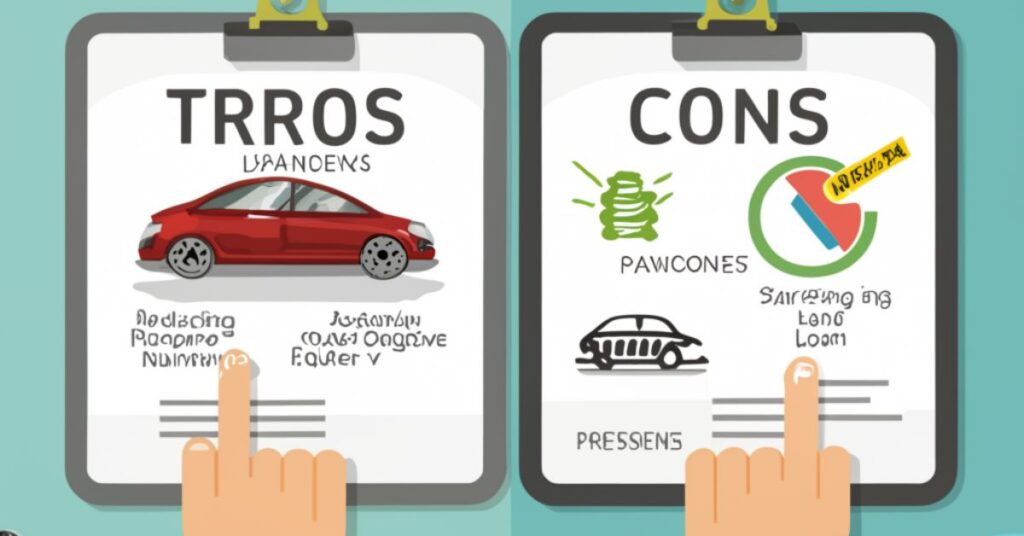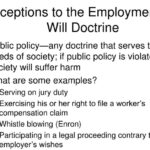Are you wondering if it is possible to trade in a car you’re still financing? You’re not alone! Many car owners find themselves in this situation, unsure of their options. But fear not, because we’re here to shed some light on this common dilemma.
Trading in a car you’re financing simply means exchanging your current vehicle for a new one while still having an existing auto loan. In other words, you’re swapping out your car, but the loan attached to it doesn’t disappear magically. You’re still responsible for paying off the remaining balance, even after the trade-in.
How Does Trading In a Financed Car Work? Process
Trading in a financed car involves several steps to ensure a smooth transition from your current vehicle to a new one. Here’s a breakdown of how it typically works:
Assessing the Remaining Loan Balance: The first step is to determine how much you still owe on your auto loan. This information can usually be found on your monthly statement or by contacting your lender directly.
Determining the Trade-In Value: Next, you’ll need to find out the value of your car. You can use tools like Kelley Blue Book, Edmunds, or the dealership’s own valuation tool to get an estimate. Keep in mind that this is just a preliminary figure, and the actual trade-in value will be determined by the dealer.
Comparing Values: Once you have both figures the remaining loan balance and the trade-in value—you can compare them. If the trade-in value is higher than the remaining loan balance, you may have some equity in your car that can be applied towards the purchase of a new vehicle.
Addressing Negative Equity: On the other hand, if the remaining loan balance is higher than the trade-in value, you’ll have negative equity. In this case, you’ll need to decide whether to pay off the remaining balance out of pocket or roll it over into the financing for your new car.
Trading in a financed car can be a convenient way to upgrade to a new vehicle, but it’s essential to understand the financial implications and carefully consider your options before making a decision.
What Does “Rolling Over” A Loan Mean?

Rolling over a loan, commonly encountered in car trade-ins, entails transferring the outstanding balance of your existing auto loan to the financing for your new vehicle. This process essentially shifts the remaining debt from your old car to the purchase of the new one, impacting your financial obligations.
During a trade-in, the dealership may agree to pay off your current auto loan, but rather than settling the debt entirely, they incorporate it into the financing for your new car. As a result, you’ll be making payments on both the remaining balance of your old loan and the financing for your new vehicle, affecting your monthly payments and the overall cost of the new car.
Turn to Sterling Acura of Austin for Your Next Vehicle
Sterling Acura of Austin offers a wide range of vehicles to suit various preferences and budgets. Their inventory includes both new and pre-owned cars, ensuring there’s something for everyone. Additionally, their team provides expert guidance and assistance throughout the car-buying process, making it easy to find the perfect vehicle for your needs.
Whether you’re looking for a sleek sedan, a spacious SUV, or a reliable truck, Sterling Acura has you covered. Their dealership prioritizes customer satisfaction, striving to exceed expectations at every step. With flexible financing options and a commitment to quality, Sterling Acura is the ideal choice for your next vehicle purchase.
Learn More About Vehicle Financing at Ford of Latham!

Ford of Latham offers a range of financing plans tailored to suit diverse needs and budgets. Whether you’re eyeing a new Ford or a pre-owned vehicle, their finance team provides expert guidance to navigate the financing process seamlessly.
Exploring vehicle financing at Ford of Latham means gaining access to valuable resources and personalized assistance. With their commitment to customer satisfaction, you can trust Ford of Latham to help you find the perfect financing solution for your next vehicle purchase.
does trading in a financed car hurt your credit
Trading in a financed car typically doesn’t directly harm your credit score. However, the process might indirectly affect it.
When you trade in a car, the dealership pays off your existing loan, resulting in a hard inquiry on your credit report.
While this inquiry may cause a slight dip in your credit score, it’s usually temporary. Additionally, if you have negative equity, it may be rolled over into the financing for your new car, potentially increasing your overall debt.
What Does it Mean to Trade In a Financed Car?
When you trade in a financed car, it means exchanging your current vehicle for a new one while still having an existing auto loan. Essentially, you’re swapping out your car, but the loan attached to it doesn’t disappear magically. Instead, you’re responsible for paying off the remaining balance, even after the trade-in.
The Process of Trading In a Financed Car
When you decide to trade in a financed car, there are several steps involved to ensure a smooth process. First, you will need to assess the remaining balance on your current auto loan, typically found on your monthly statement or by contacting your lender. Next, you’ll determine the trade-in value of your car using tools like Kelley Blue
Book or the dealership’s valuation tool. Once you have both figures, you can compare them to see if the trade in value exceeds the remaining loan balance, allowing you to potentially use the surplus towards a new vehicle, or if there’s negative equity, which may require additional considerations.
Pros and Cons of Trading In a Financed Car

Pros
Trading in a financed car can simplify the process of upgrading to a new vehicle, as you can complete both transactions at the same time. Additionally, if you have equity in your current car, you can use it as a down payment for your new vehicle, potentially lowering your monthly payments.
Cons
However, trading in a financed car can also have some drawbacks. If you have negative equity, meaning you owe more on your current loan than the car is worth, you’ll have to either pay off the remaining balance or roll it over into the financing for your new car, which can increase your overall debt.
Tips for Trading In a Financed Car
Know Your Loan Balance: Understand the remaining balance on your auto loan, as it affects your trade-in options.
Research Your Car’s Value: Use resources like Kelley Blue Book to determine the fair market value of your vehicle.
Address Negative Equity: If you owe more on your loan than your car is worth, consider paying off the difference or negotiating with the dealer.
Compare Offers: Shop around and obtain quotes from multiple dealerships to ensure you’re getting the best deal on your trade-in.
Be Prepared: Gather all necessary documents, including your vehicle’s title and loan information, before heading to the dealership.
Summary:
Considering trading in your financed car, It is possible! When you trade in a car with an existing auto loan, the process involves assessing the remaining loan balance and determining the trade-in value of your vehicle. If the trade-in value exceeds the loan balance, you may have equity that can be applied to your new car purchase.
However, if you owe more on your loan than your car is worth, you may have negative equity. In this case, you’ll need to decide whether to pay off the remaining balance or roll it over into the financing for your new car. By understanding your options and considering factors like equity and loan balance, you can make an informed decision about trading in your financed car.







